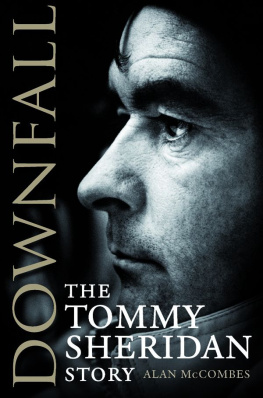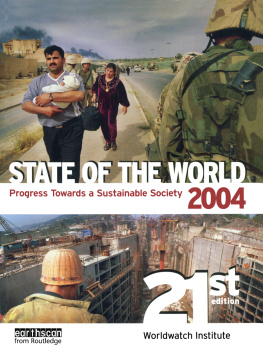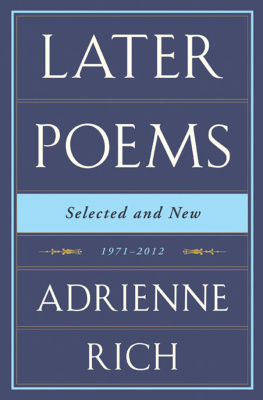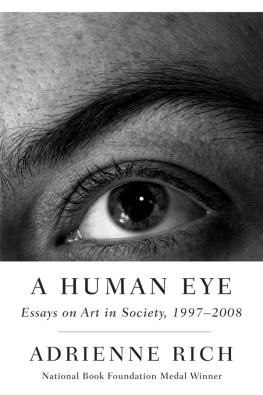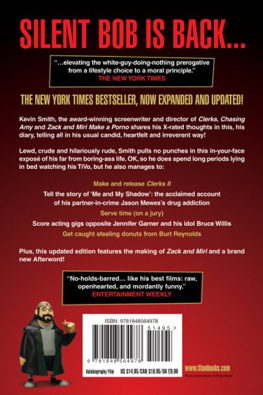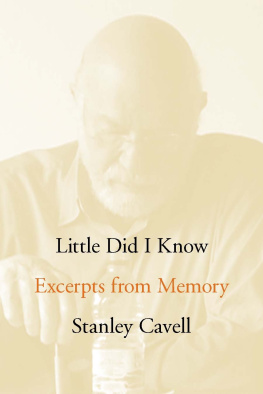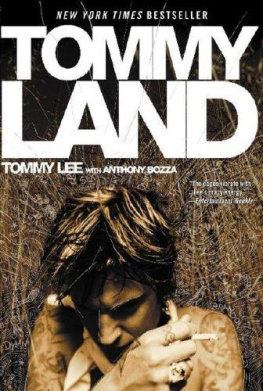Downfall
Alan McCombes is a freelance writer and journalist and previously editor of the Scottish Socialist Voice. A founder member of the Scottish Socialist Party, he was an executive member of the party and also its national press and policy co-ordinator. He lives in Glasgow.
Downfall
The Tommy Sheridan Story
Alan McCombes

This eBook edition published in 2011 by
Birlinn Limited
West Newington House
Newington Road
Edinburgh
EH9 1QS
www.birlinn.co.uk
First published in 2011 by Birlinn Ltd
Copyright Alan McCombes 2011
The moral right of Alan McCombes to be identified as the author of this work has been asserted by him in accordance with the Copyright, Designs and Patents Act 1988 .
All rights reserved. No part of this publication may be reproduced, stored or transmitted in any form without the express written permission of the publisher.
eBook ISBN: 978-0-85790-054-8
British Library Cataloguing-in-Publication Data A catalogue record for this book is available from the British Library
Foreword
This is a book I never wanted to write. The subject matter was too raw, too painful, too emotionally draining. It involved delving into dark corners of the human psyche. And it meant laying bare some of my own skeletons, if only to lay to rest any suspicion that this conflict was between narrow-minded Calvinist-Catholic sexual morality on the one side and tolerant liberalism on the other. This was about a deeper, more fundamental morality, in the broadest sense of the term.
I didnt want to be the person to bring out into cold daylight the whole sickening, sordid, destructive account. I wanted to be writing about other things the disintegration of free-market capitalism and the potential resurgence of a new socialism for the twenty-first century; the tragedy and shame of the Wests role in Afghanistan, which I covered as a campaigning journalist from the North West Frontier Province in the weeks after 9/11; and the progressive, left-wing case for a free, independent Scotland.
But, first, this story had to be told. It has generated too much division, too much hatred, too much confusion. It has fascinated the public but it stands in the way of politics. The mysteries of the Tommy Sheridan legal drama have to be cleared up before the Scottish socialist Left can move on and recover the ground it has lost.
This is a complex story. It requires a full, in-depth account of the incidents, the personalities and the politics that shaped this shocking saga of sex, lies, libel, forgery, perjury and imprisonment.
Those who found themselves near the centre of these events were damaged by the experience. Lifelong friendships turned into savage enmity. Some people were jailed. Others suffered mental health problems and psychological scars. Some individuals were unfairly maligned, demonised even victims of prejudice, the ugly twin of ignorance. The fall-out affected hundreds and probably thousands of people across Scotland to one degree or another.
The media always focussed on Tommy Sheridan and his photogenic family and their ordeal at the hands of the law. But innocent people had families too mothers and fathers, daughters and sons whose lives were tarnished by what turned into a sustained crusade by one man to deceive everyone else. Some of these mothers and fathers left this world with a shadow over their graves.
On the scale of atrocities against humanity, the Thomas Sheridan Affair was a fleabite. Measured against the tumultuous global events which were raging in the background, it is a grubby, trivial tale of deceit, selfishness and cowardice. But the specific can illuminate the general. The story of the rise and self-destruction of Tommy Sheridan can, I believe, help us understand far greater historical tragedies better.
From my point of view, the biggest tragedy was the damage wreaked on a noble political cause. Tommy Sheridan, as this book recognises, played a vital, even heroic, role in helping to advance the cause of a socialist Scotland. But others played an equally heroic role, well away from the spotlight and thousands gave time and money to that cause. Sadly, Tommy tore his ideals to shreds with the same casual contempt he once famously tore up a court order banning him from attending a Poll Tax protest.
The record had to be set straight and not by a detached journalist but by a central participant in the events at the heart of this story. For two decades, during the glory years, when he became the most famous and most popular politician in Scotland, I worked with Tommy Sheridan on a day-to-day basis. As the introduction to the book Imagine, published in both our names, states, Weve laughed together, been locked up together, marched together, and been on hunger strike together. For all these reasons, I was best placed to tell this story. It helped that I am a journalist. I have spent decades working with words and ideas writing, editing, speaking, reporting, analysing, interpreting and this was a story I knew inside out.
This book is not about settling scores. I have tried to describe what happened with calm and restraint, even though the events have generated much anger and pain. But I make no claim to neutrality in what I believe has been a conflict not between right and left but between right and wrong. We all make mistakes but some mistakes have greater consequences than others.
In telling the story, I have pulled no punches. I have not spared those who have, in some way, been complicit in a shameful legal and political scandal. Some of these people I still like and respect despite everything. I hope that some of them, at least, will be strong enough and brave enough to retrace their steps and acknowledge that, if they had to do the same again, they wouldnt.
Before the wounds of five years of conflict can even start to heal, truth has to prevail. Without truth, redemption and reconciliation are unattainable. Truth means first bringing all the relevant information out into the open, in full and in context, and then understanding the significance of that information.
People are free to disagree with my opinions, interpretations and conclusions. But the facts are the facts. They are unalterable. Stubborn, obstinate, unyielding. As Robert Burns put it, But facts are chiels that winna ding/An downa be disputed. He might have put it if he was writing in the modern Scots idiom, Ye cannae argue wi facts.
Finally, I want to thank the following people for their help. My agent Mark Stanton (Stan) for getting this project off the ground; Hugh Andrew and his team at Birlinn for having the courage to take on this book at a time when other publishers were, perhaps understandably, running scared; Andrew Simmons, the editorial manager at Birlinn, for his professionalism, commitment and courtesy; Patricia Marshall for her patient and meticulous copy-editing; Roz Paterson, a superb writer, who diligently went through the manuscript line by line, her sure and subtle touch with the written word improving every chapter; Davie Archibald, a veteran activist from the early days of the Thatcher Government and now a lecturer in film and media studies at Glasgow University, whose expert advice helped me develop a coherent structure for this complex story; Pauline Goldsmith, a supremely talented playwright and actor whose advice on tone, language and presentation was spot on; Eddie Truman, for procuring, selecting and optimising the photographs; and Pam Currie and Carol Hainey for their detailed, painstaking transcripts of the defamation trial in 2006.
I also want to thanks all of those who provided me with insight and information, either directly or indirectly. Although for reasons of space Im unable to list them all by name, I do want to specifically mention Anne Colvin and Helen Allison who, for no personal gain or political benefit, gave up hours of their valuable time to talk to me in January 2011.
Next page
